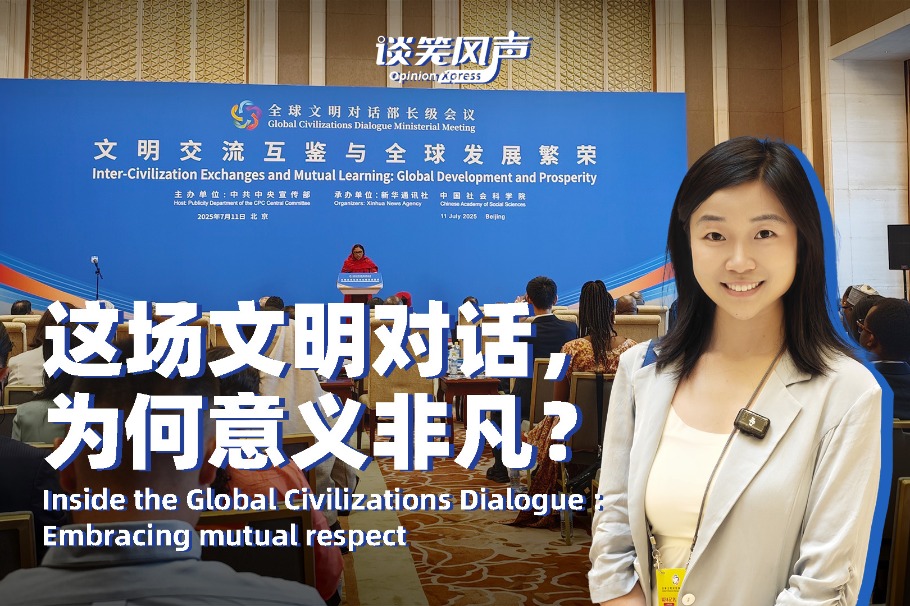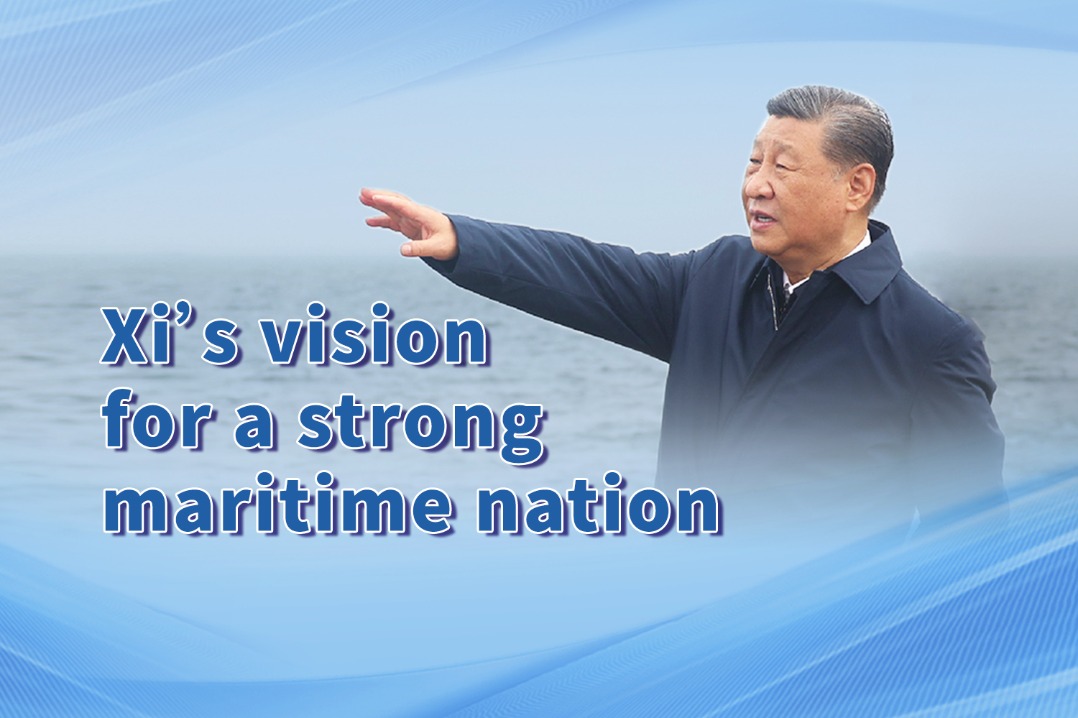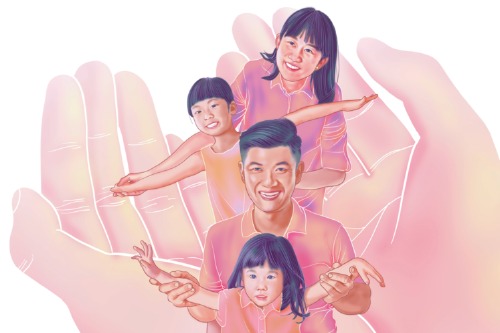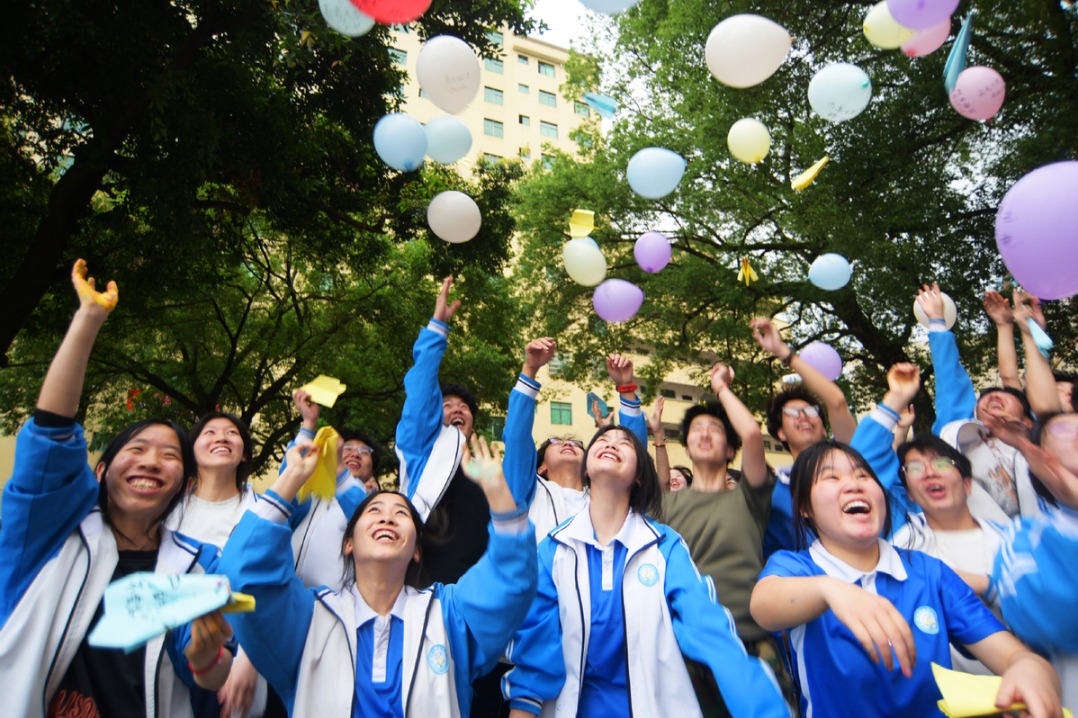Sustainability and cooperation: The foundations of a Eurasian future

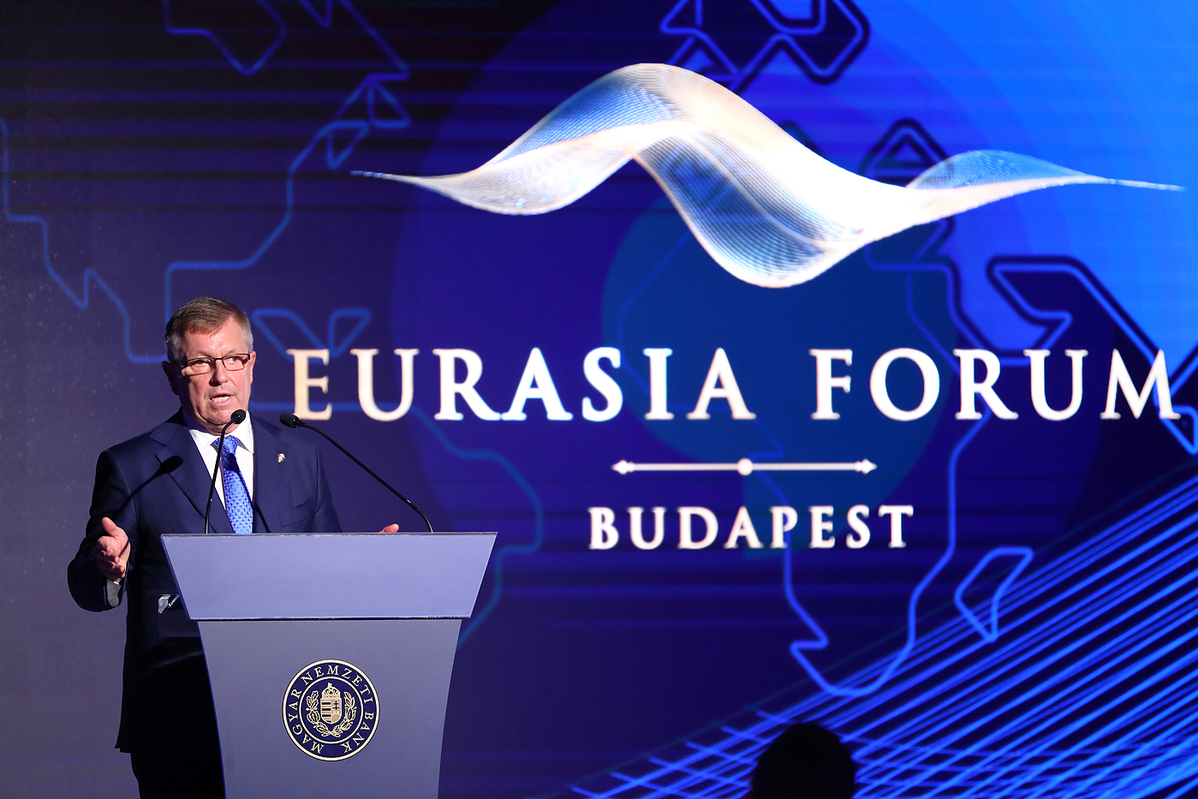
There is no doubt that 2020 will earn its place in history as a year worth to remember. It will be the year that brought unprecedented and irreversible changes. The pandemic has unquestionably caused serious challenges, but let us hope that overcoming these challenges makes us only stronger and wiser, therefore this year will also be memorable as a great example of Eurasian solidarity, cooperation, moreover effortless fight for sustainable growth and for the well-being of our societies.
Such changes that we experience this year encourage us to take stock, evaluate our past and set our goals for the future. When we think of 2020, we should not forget about its significance in the field of geopolitics either. By 2020, we have reached a turning point in history, which brings us to a new age, a new era – the Age of Eurasia – gradually replacing the Atlantic age, that has been defining the world during the last 500 years. If we look back in history, we can observe that the story of our civilisation is a sequence of different eras, phases. Despite their differences, these eras were all defined by certain driving forces, characterised by megatrends that determined their nature. Today there are three of these megatrends that cannot be left out when discussing the driving forces of our lives : the growing significance of geopolitics, the ongoing technological revolution and the transformation of money – all of them have major impact on our present and future as well.
Major geopolitical shifts do not happen overnight, and the current transformation has its milestones as well. The introduction of the euro, the common currency of the European Union in 1999, and the announcement of the large scale investment project of China, the Belt and Road Initiative in 2013 both proved to be "game-changers" and made it obvious that strong economic growth can be achieved by intensified cooperation not only in trade or investments, but also in geopolitics, infrastructure, finance, education and culture.
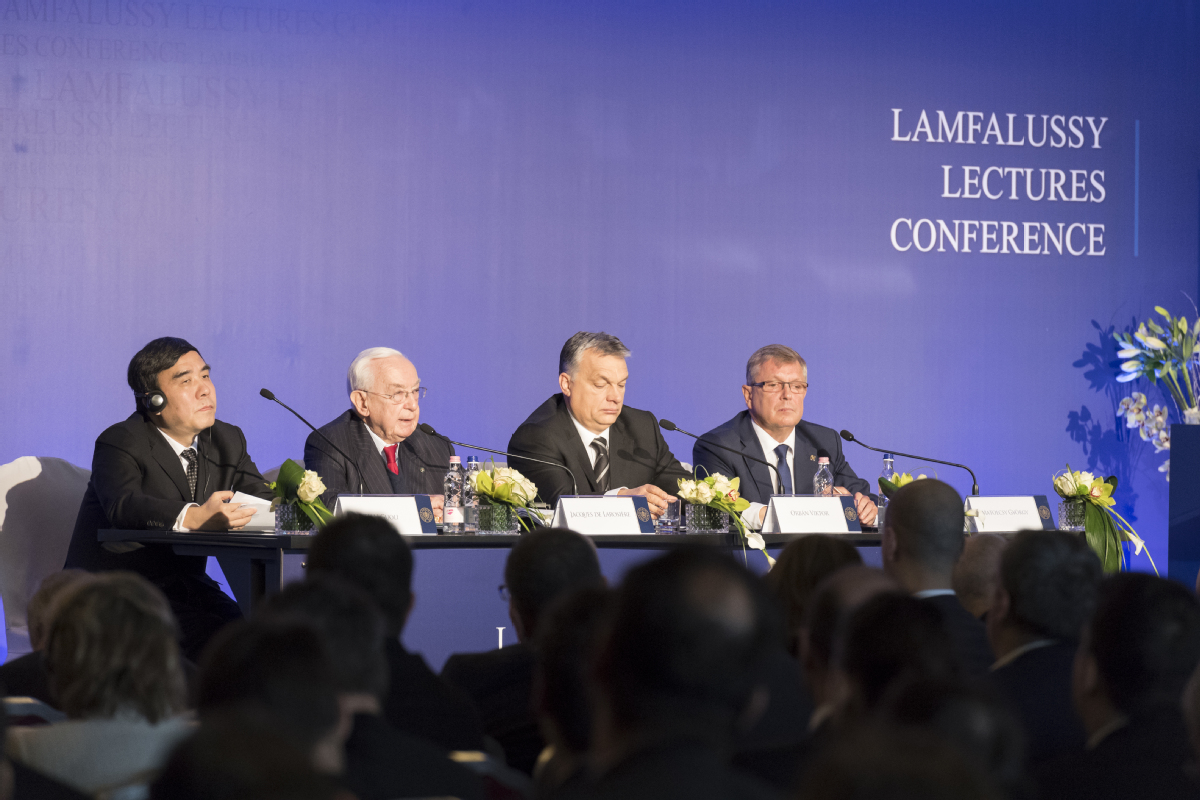
The current shift in global geopolitics offers new opportunities for those, who are willing to take part in this transformation and not afraid to embrace the changes of the 21st century. Hungary, in the heart of the Central-Eastern-European region is among them: taking account of our strengths and geographical advantages we took a leading role in strengthening the cooperation between the East and the West and joined the Belt and Road Initiative as the first country in Europe.
Our country is dedicated to foster cooperation in a broad variety of sectors, as not only economists, but all citizens, from engineers to central bankers are equally affected by the changes of the world and responsible for the outcomes. Given the pace of developments we must be prepared for results that would have not been possible a few years ago, should this be new means of transport, a new cure for a disease or a new common currency perhaps.
Whereas such changes pose challenges for the future, the establishment of a common ground in the format of several cooperation platforms is an enormous achievement. By 2020 we realized that despite geographical distances we face similar problems and have similar toolkits to tackle them. We must unite to solve them and achieve sustainable growth that enhances welfare and creates common good.
Changes are irreversible, and they contain risks and opportunities alike. Our common goal is finding the best possible approach by which we can exploit the opportunities and eliminate the risks. Cooperation and knowledge sharing are among the essential features of this approach, but the reform of economics should have equal weight in this sense. Sustainable development and widespread social welfare depend on our ability to reshape our economic thinking starting from its roots.
The ability to transform means the ability to survive. We live in an age of transformation: cooperation initiatives reshape our international relations and new technologies bring fundamental changes to our everyday lives. Let us embrace these trends and ensure their good use, because the faster we adapt, the faster we respond to challenges, may those be environmental, economic or – as 2020 reminded us relentlessly – health related. We observe these universal trends today, but they should not frighten us; to the contrary, we should see this as an opportunity for all of us to take part in finding the solution and contribute to a successful future regardless of our geographic location. This must be our common destination, and Hungary is ready for the journey.

The first major milestone of this journey was the establishment of the Budapest Eurasia Event Series, launched in 2019. Following the successful Pre-Forum Session in October 2019, the next event of the series takes place 27 October 2020 in a digital format. The Pre-Forum brought together more than 30 high-level speakers from international organisations, central and commercial banks, universities and other institutions representing various Eurasian countries including China, Germany, the Visegrád 4 countries, Russia, Kazakhstan and last but not least Singapore.
The journey continues with the E-Conference 27 October 2020, with the renewed, digital Budapest Eurasia Forum. Distinguished speakers from across the continent join the dialogue on the most pressing matters of our time providing insight and inspiration for the audience from Lisbon to Shanghai. This year the list of our distinguished speakers includes Zhou Xiaochuan, vice-chairman of the Boao Forum for Asia and former Governor of PBOC; Péter Szijjártó, Minister of Foreign Affairs and Trade, Hungary; Wu Hongbo, Special Representative of the Chinese Government on European Affairs; Kyuil Chung, deputy governor of Bank of Korea; Eng Chye Tan, president of National University of Singapore; Jin Li, executive vice president of Fudan University; Chen Zhimin, vice president of Fudan University; Sopnendu Mohanty, chief Fintech Officer of Monetary Authority of Singapore; Pierre Heilbronn, vice president of Policy and Partnership, European Bank for Reconstruction and Development (EBRD); Jiang Jianduan, Director General, China State Construction and Engineering Corporation.
The E-Conference takes place under the theme "Eurasian Cooperation in the Post-Pandemic Era" and covers various topics related to economic growth, such as finance, geopolitics, multilateral cooperation, innovation and education. The Forum is hoped to become one of the most influential discussion platforms for a deeper, stronger and advanced cooperation. The central goal is however to serve the work for a sustainable future, and to make our decade sustainable not only in terms of our economies, but our societies and environment alike.
The author György MATOLCSY is governor of Magyar Nemzeti Bank, the central bank of Hungary.
The opinions expressed here are those of the writer and do not necessarily represent the views of China Daily and China Daily website.




















